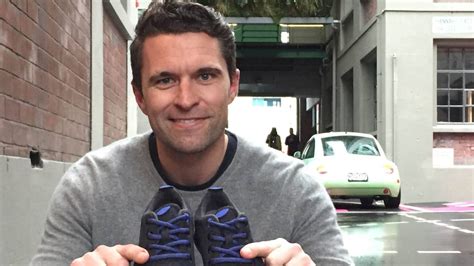A Quote by Bill Capodagli
Innovate, don't imitate. Set out to create a culture that is right for your organization, then work at making it happen.
Related Quotes
It is not your work to make anything happen. It's your work to dream it and let it happen. Law of Attraction will make it happen. In your joy, you create something, and then you maintain your vibrational harmony with it and the Universe must find a way to bring it about. That's the promise of Law of Attraction.
Lesson number one: opportunity can be manufactured. Yes, you can wait around for the right set of circumstances to fall into place and then leap into action but you can also create those set of circumstances on your own. In so doing, you manufacture your own opportunities. This has helped me immeasurably.
When you advance a frontier and you do tomorrow what's never been done today, you have to innovate to make that happen. You become an innovation culture. When I grew up, every time I turned around it was, "Oh, here's the longest bridge or the deepest tunnel or the fastest airplane." And I originally thought that was just kind of like a pissing contest with men with too much testosterone. And then I realized that to make the tallest building you have to innovate. To make the fastest train you have to design the train in a way that it's never been designed before.

































